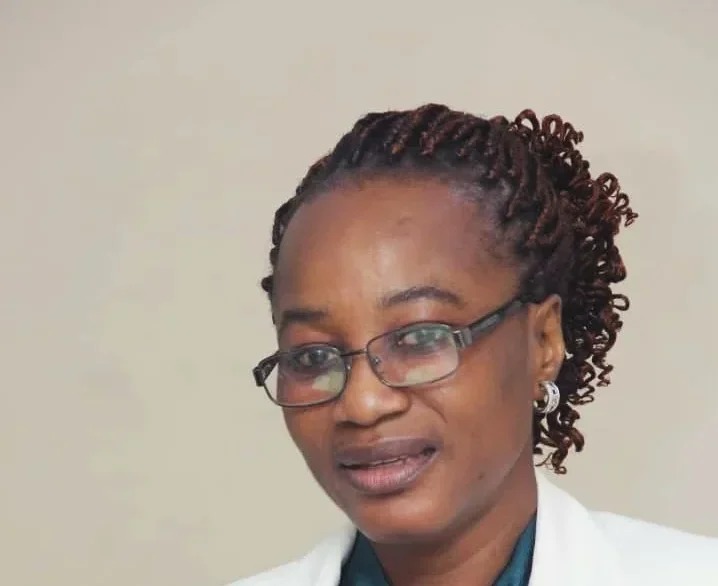
The Lagos State Government has announced that it will enforce stricter measures to combat fake materials testing agents during the rebranding process for testing building materials.
The General Manager of the Lagos State Materials Testing Laboratory Agency (LSMTL), Engineer Olayinka Abdul, announced this during a recent meeting with consultants to address malpractices, as detailed in a statement on the official Lagos State Government website.
She emphasized that these new operational directives will effectively prevent all forms of mismanagement, aligning with the state’s building safety guidelines.
“The General Manager of the Lagos State Materials Testing Laboratory Agency (LSMTL), Engr. Olayinka Abdul has disclosed that stiffer measures will be meted out to agents in the rebranding process of testing building materials in Lagos State,” the statement read in part.
She said: “An overhaul of the processes of engagements and service delivery exerted in conducting Materials tests across Lagos State is underway. These new orders of operations will adequately curb every form of mismanagement encountered so far and make sure there is transparency and absolute customer satisfaction.”
More insight
Engineer Abdul also announced that to ensure seamless and honest service, all consultants affiliated with the Lagos State Materials Testing Laboratory (LSMTL) will be listed on the official website when issuing materials test notices. This measure aims to enhance credibility and restore professionalism among clients.
Additionally, she mentioned that the agency will implement an Electronic Geographic Information System to organize testing operations and prevent discrepancies caused by saboteurs. Consultants will work through designated codes or zones to streamline operations.
Furthermore, Engineer Abdul advised stakeholders in riverine communities to avoid using local soil materials, as they contain salts that erode and weaken construction steel.
What you should know
Fake building materials are one of the leading causes of building and structural collapses in Nigeria, alongside the proliferation of unqualified individuals in the construction industry.
Despite efforts by the federal and state governments, the country continues to experience numerous building collapses, with Lagos State being the most affected. The Building Collapse Prevention Guild (BCPG) reported that Lagos State witnessed 167 cases of building collapse between 2000 and 2021.
The problem of building collapses persists beyond Lagos State. In the past week alone, two major incidents occurred. On Friday, July 12, 2024, the Saint Academy School building in the Busa Buji area of Plateau State collapsed, tragically leading to the deaths of several school children and staff, with many others trapped under the rubble. Rescue efforts are ongoing to save the trapped victims.
Additionally, on Saturday, July 13, a two-storey building in Kubwa, Abuja, collapsed. Fortunately, there were no casualties reported, although several victims sustained injuries.
In response to the school building collapse, Minister of Housing and Urban Development, Arc. Ahmed Musa Dangiwa, has ordered the Plateau State Controller to conduct an immediate and thorough investigation to determine the cause of the collapse and ensure that anyone responsible is held accountable.






Metoprolol: cheap hydrochlorothiazide – Carvedilol